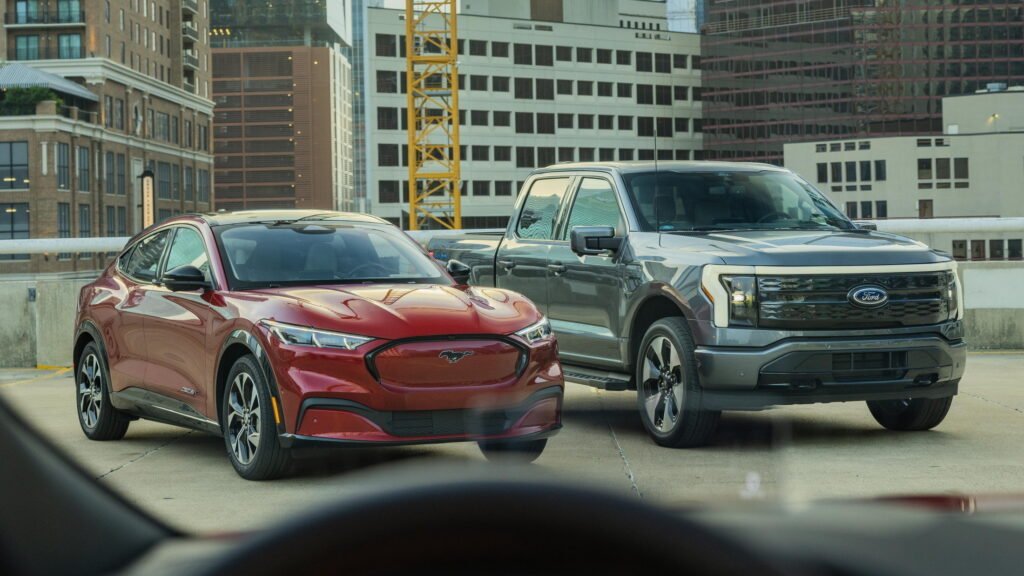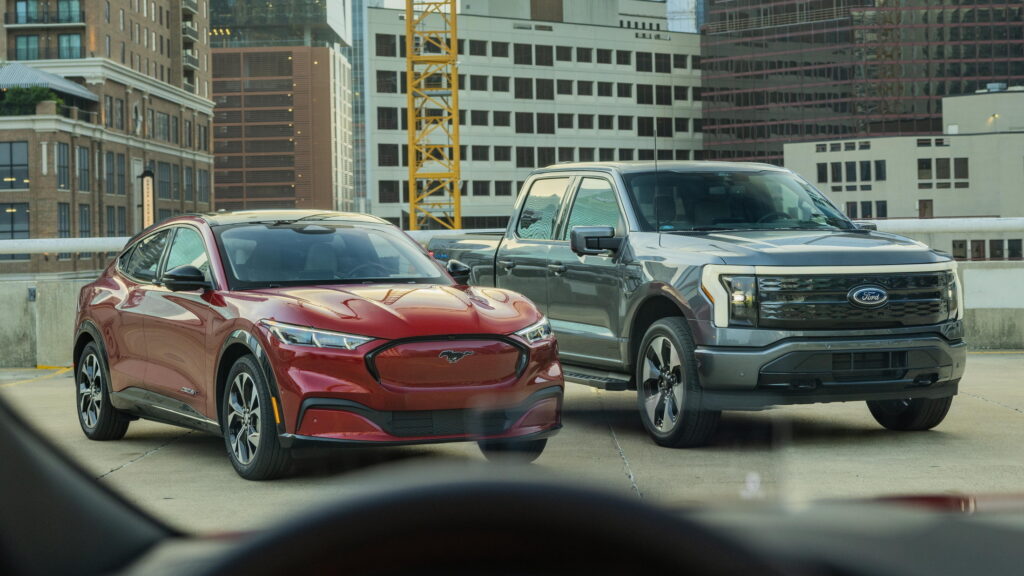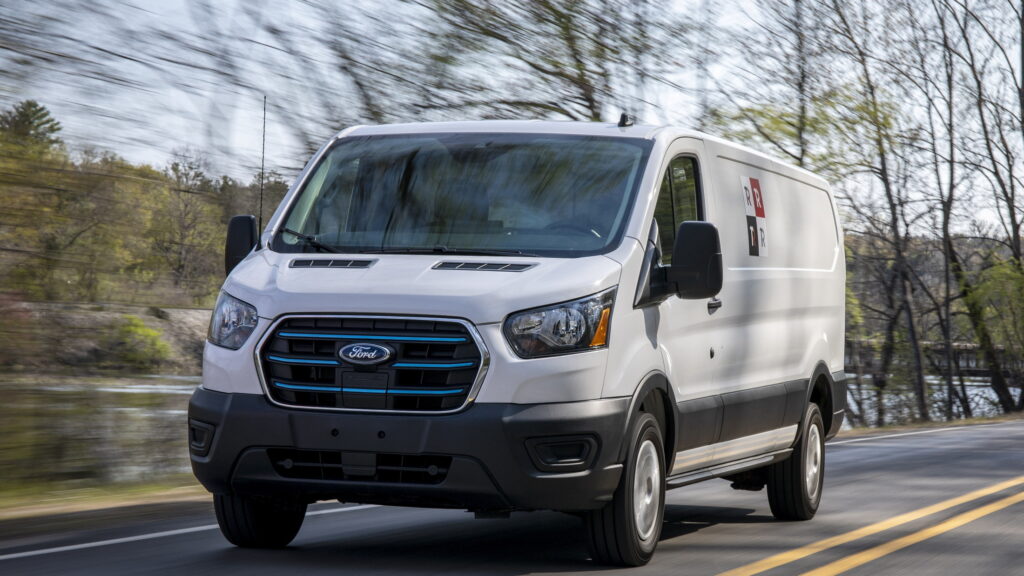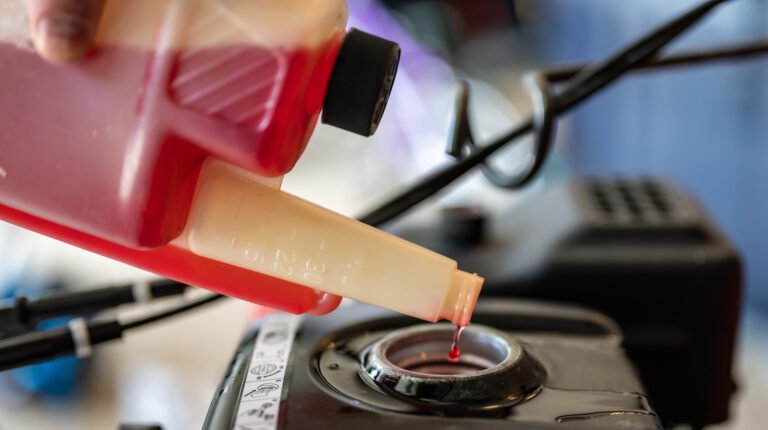

- The Blur Oval will re-focus on its existing technology and skunkworks team.
- Ford was going to adopt a zonal system to make software updates easier.
- Despite the change, it’s committed to improved connected vehicle experiences.
Ford has been working on an advanced next-generation electrical architecture for its future models aimed at streamlining software functions, cutting costs, and allowing it to better compete with EV leaders like Tesla. However, much like VW’s Cariad subsidiary, Ford’s program has encountered many issues and been suddenly axed.
The new-age system, known internally as FNV4, was led by Doug Field. He used to be an Apple and Tesla executive and, last year, one of Ford’s highest earners, walking away with a cool $15.5 million. However, spiraling costs related to the new electrical system prompted Ford to kill the project entirely, and it will apply some of its learnings to its current software system.
Read: Flip-Flopping Ford Delays Electric Truck And Axes 3-Row EV Plans, Will Build Hybrids Instead
Software Is King
In the modern era where electrification seems to be the all-encompassing future and consumers want new vehicles jam-packed with tech, it’s become increasingly important for brands to make their software systems as integrated and advanced as possible. However, since companies like Ford use hundreds of electronic parts from different suppliers, they often have components that cannot communicate with each other. And that makes it more difficult to roll out OTA updates.
Ford has been planning to adopt a ‘zonal’ system for its next-gen system. It would have consisted of software ‘brains’ for certain parts of the vehicle that would communicate with a central ‘brain’, Reuters reports. This would have reduced the need for long and complex wiring harnesses and would have helped speed up over-the-air updates.

In a video shared with employees who had been involved in the project, Ford said it would refocus on its existing electrical architecture. In addition, it still has a small skunkworks team that is developing an advanced new-age electrical system.
Ford confirmed in a statement that it will continue improving its connected vehicles’ tech: “We are committed to delivering fully connected vehicle experiences across our entire lineup, regardless of powertrain, while many others in the industry are bringing the most advanced tech only to electric vehicles.”


